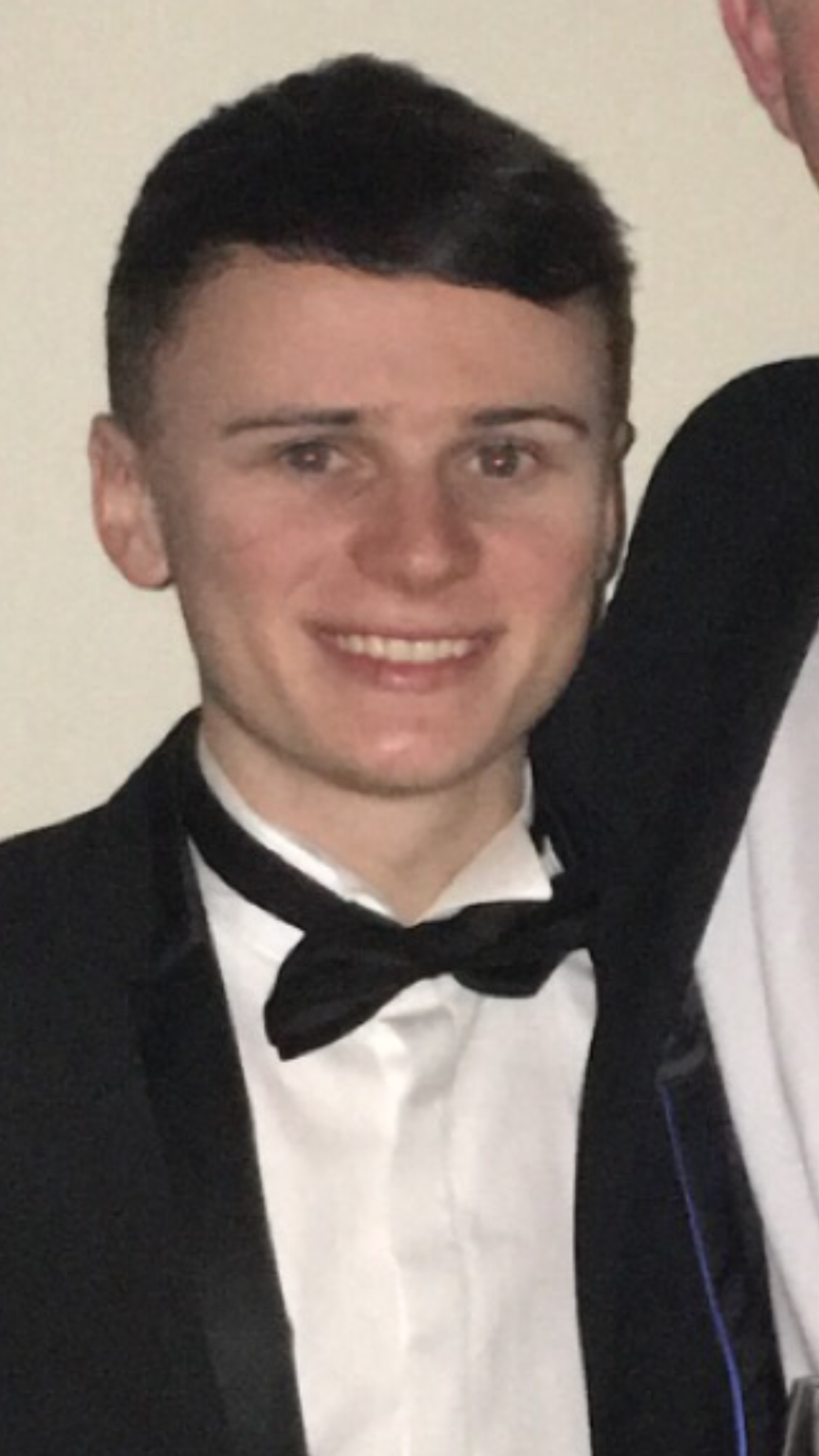Q&A with Mark Hovell: CAS Arbitrator & Head of Sport at Mills & Reeve
- Matthew Cleary

- Jan 13, 2021
- 4 min read
This is an insightful read for any aspiring sports lawyers or for anyone simply interested in sport or the law.
I recently spoke to Mark Hovell, an arbitrator at the Court of Arbitration for Sport in Switzerland and Head of Sport at the UK law firm Mills & Reeve. We discussed his career, the types of work and clients involved in sports law (including a very bizarre claim against a doped pigeon!), the problems facing the sport sector as a result of the COVID-19 pandemic and a few tips for anyone wanting to get into the sports law sector.
Q: Where did you study and why did you go into the legal profession?
A: I studied a Management degree at UMIST (now the University of Manchester). I had initially thought about becoming an accountant but was persuaded by a teacher to think about taking the law conversion course as I performed well in the law aspects of my degree. The idea of having another couple years of being a student also appealed to me. So, I took the law conversion course at what is now the Manchester Metropolitan University.
Q: Where did you train to become a solicitor?
A: I had an offer to train with Clifford Chance but was not set on moving to London, so I looked into Manchester based firms and was offered a training contract with George Davies.
Q: What does your role as Head of Sport at Mills & Reeve entail?
A: My main role is to help the team of ten lawyers get work and clients. I am often a project manager for work but as an arbitrator I spend half my time dealing with international sports disputes.
Q: What sort of clients do you work with?
A: The types of clients in the sector are wide ranging. You could work for individual athletes such as professional table tennis players, or for sport governing bodies such as British Cycling as well as individual’s agents. I was once involved with a dispute regarding an allegation that a pigeon, used for racing, had been doping. So yeah very wide ranging clients.
Q: What areas of law are involved in the sport sector?
A: The main areas of work tend to be regulatory, commercial and employment law. These are particularly relevant in team sports. Contract law is also very important in modern day sport. There is also a big rise in Intellectual Property law and the control of data in the sector. Areas such as pension and tax law are also commonly involved in the sector too.
Q: What work are you involved with as a Premier League Judicial Panel Member?
A: I decide disputes that could be over transfers for instance. Disputes can be between individuals and clubs such as where a club is forcing a player out or even between the clubs and the Premier League itself.
Q: How did you become an arbitrator at the Court of Arbitration for Sport?
A: I was still working at George Davies who did a lot of work for the PFA. I was involved with insolvency work when a lot of football clubs were facing serious financial difficulties as the EFL’s main broadcaster went bust. Around the same time, FIFA decided to send their appeals to the Court of Arbitration for Sport, but wanted more football experts to be arbitrators and Gordon Taylor, head of the PFA and FIFPro, nominated me. It was at a time when the use of fax machines was more common and I received a 1-page fax that asked the question of whether I wanted to become an arbitrator with the options being yes or no. An easy decision!
Q: What have been the main challenges facing the sector as a result of the pandemic?
A: The main issue has been a loss of income from various parties in the sector. This has mainly stemmed from the inability to have fans in grounds.
This has had the impact of clubs putting games on behind closed doors and incurring the overhead costs of doing so but not having the income of fans actually coming into stadiums. Advertisers are also facing financial difficulties because adverts in stadiums are simply not being seen by fans so the advert is not getting the exposure it wants for the money it pays the club. And whilst it has been great to have Project Restart and getting games back on TV, broadcasters simply aren’t getting the same experience they would if fans were in the stadium.
A key issue is how to keep clubs afloat and not drop into administration.
Q: What tips would you give to someone wanting to get into sports law?
A: A key thing to remember is that ‘sports law’ is not exactly a type of law. It’s a sector which is serviced by lots of different types of law. For instance, employment law. So it is best to try and start by picking a discipline involved in the sector, and getting into a firm with a presence in the sector, i.e. some sports clients. I didn’t start by doing 100% ‘sports law’ but as my career progressed I gradually grew into working 100% for clients in the sector.
Many thanks to Mark for giving up some time to chat with me and allowing The Legal Side Blog to create this article, hopefully it gives students a brief insight into the sport sector from someone with vast experience in it.












Comments